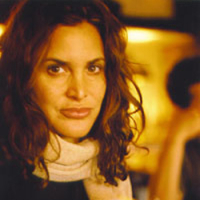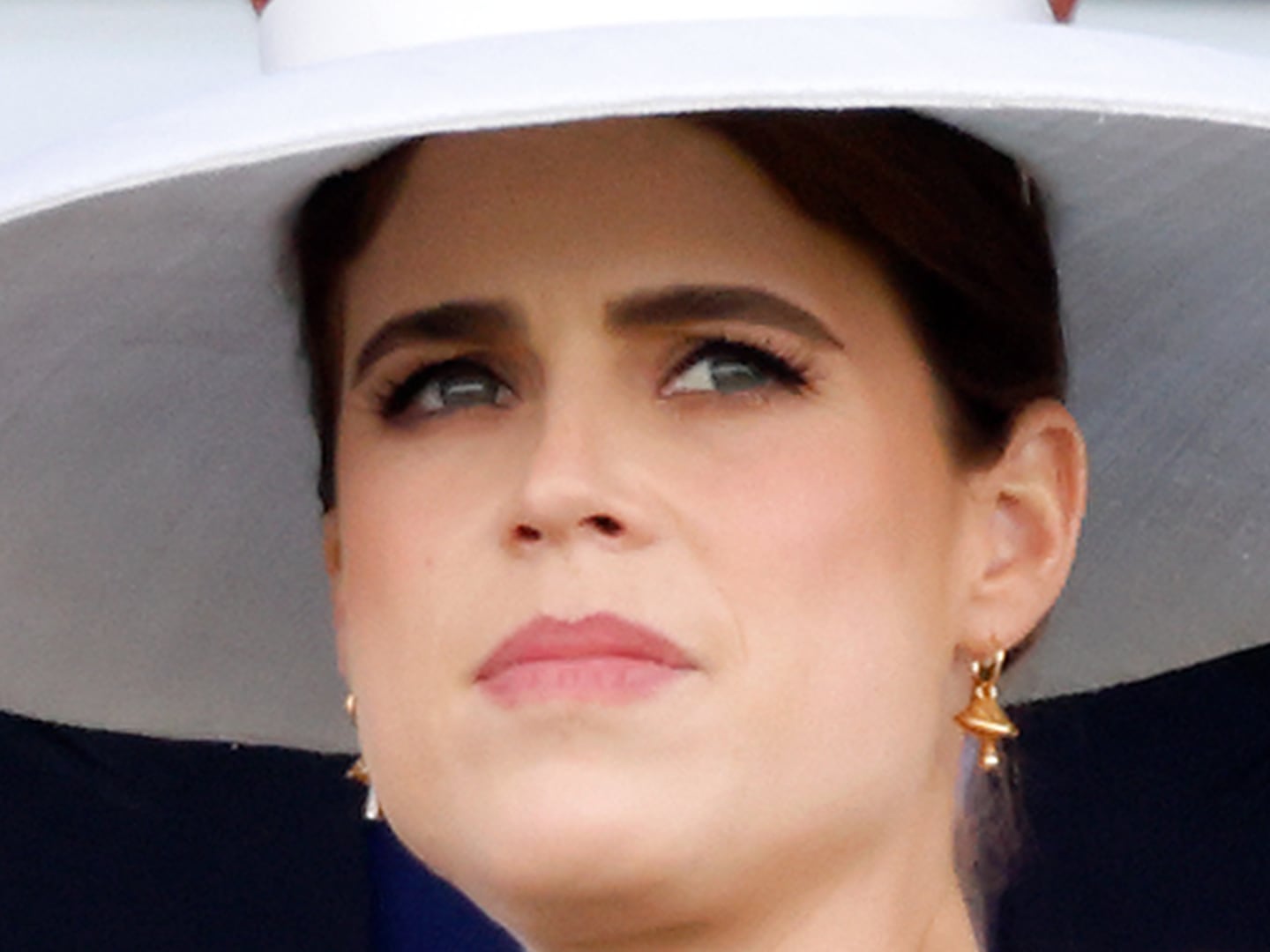It’s always disappointing to come across phony do-gooders. And it’s easy to scoff at celebrities working in war zones. But there is hope.

I spend most of my life in areas of conflict, and I meet all kinds of people aside from the victims of war: thrill seekers, soldiers of fortune, nymphomaniacs disguised as activists. One time I even walked into someone’s bombed-out hotel room in Sarajevo, and there was Joan Baez sitting amid the rubble.
And sometimes there are ordinary people who are great people doing remarkable things, and that makes it all worthwhile.
Last week, when unpacking my bag from an assignment in Syria, I found my most valuable possession (aside from my 9-year-old son). It’s a tiny LED water-resistant solar-powered lantern that was co-designed by a former United Nations development expert turned humanitarian entrepreneur, a woman named Jill Van den Brule.
The lantern is named Luci. (“We deliberately chose a woman's name, as it incarnates empathy and a deliberately feminine aesthetic,” Van den Brule told me.) It weighs only 4.5 ounces, and it’s an inch high when collapsed. It fits into the palm of my hand and takes no space in my backpack. It costs $14.95 and provides about 15 square feet of lighting. In short, it not only makes life easier for people who do my job, but its producers are working to sell it in bulk, thus cheaper, to villages and towns where there is no electricity. These are places where women spend all their time gathering firewood for a light source.

Luci has an inspiring history. Van den Brule is not a rock star like Bono or Baez, nor is she famous, but she had a dream. She detests the fact that so much of the world lives without water or light, while those of us fortunate to do so can flick a switch and flood a room with electricity. And we often take it for granted.
Van den Brule says her passion for injustice and righting wrong started when she was a kid carrying around an orange UNICEF box at Halloween time in New York City. Later, after attending the Fletcher School of Diplomacy in Massachusetts, she worked at the United Nations, where she saw the best and the worse of international aid in action. She yearned to do something that would affect the poorest people—the people on the ground who get lost in the shuffle.
She began to think of how she could combine high-tech business with a way that would empower poor people and give them a shot at breaking the poverty cycle. Electricity is a no-brainer: the most debilitating thing in Third World countries is the lack of power. It’s one thing to brush your teeth by candlelight; it’s another to try to heat water over a flame or take care of children who have to go to sleep once the sun goes down. Or operate. Or study. Or try to live a normal life.
The International Energy Agency estimates that 1.3 billion people across the world have no access to electricity, while 2.6 billion rely on traditional fuels, such as wood and charcoal, for some of their energy needs. In parts of Africa, such as Niger and Chad, more than 90 percent of the population lacks electricity access. More than 95 percent of these people living in energy poverty are either in sub-Saharan Africa or developing Asia, and 84 percent are in rural areas.
I often think I am a better person because I lived for many years of my life with a flashlight. I have developed skills I did not think were possible—bathing with a cup of water by candlelight, for instance, and writing a story with a headlamp on.
But I have the luxury of leaving and going back to my Paris home, where, of course, I do have electricity. The people I respect most in the world are emergency-room surgeons who work in war zones. I have seen them doing amputations by candlelight and picking shrapnel out of children’s tiny bodies using a head torch.
A few weeks ago in Aleppo, Syria, I saw a team of doctors working entirely without electricity, and I lent my own head torch to the chief surgeon (in fact, a fourth-year resident who runs the hospital). When I told them about Luci, they looked like children opening presents at Christmas. “A solar-powered lantern?”
Van den Brule had the same thought. It was in 2012, in post-earthquake Haiti, and Van den Brule, having worked in there for years, was brainstorming. She saw women carrying firewood, and how long it took, how strenuous, and the effect it was having on their health.
She and Jacques-Philippe Piverger, a Haitian-American private-equity trader, teamed up to find find more effective solutions to having greater impact on the economic situation. What could work? Most NGOs and journalists are devoted to their Maglites, tiny flashlights created by a Croatian-American that you can buy in most camping shops or duty-free at airports. But poor people whose homes are ruined by earthquake, people who live on humanitarian aid packages, could hardly afford that.
Micro Power Design (MPOWERD) started small, a team of six, as a benefit corporation, a new class of for-profit companies accountable for maximizing social impact, not profits. Van den Brule and Piverger wanted the business model to provide an opportunity for them to use the power of business for good “while engaging consumers in its mission to end energy poverty.”
Over the next few months they tested their product and improved its design. They finally settled on Luci, the micro, solar-powered lantern.
And so what started as a project by someone who could not bear to see civilians suffering turned into a catalyst for development addressing energy poverty, targeting education, health, safety, the environment, and economic development. Luci is now distributed in 23 countries.
Van den Brule says Luci is an opportunity to build a brighter future for Haiti: a way of using the sun to break the poverty cycle.
Her heroes, she says, are the people in war zones who continue to live, to make families, to survive. But she also quotes Plato and his homage to the “torch bearers of humanity: its poets, seers, and saints, who lead and lift the race out of darkness, toward the light. They are the law-givers, the light-bringers, way-showers, and truth-tellers, and without them humanity would lose its way in the dark.”
When I meet people like Van den Brule, I feel hope again. Little changes can start to make a difference in the world.






